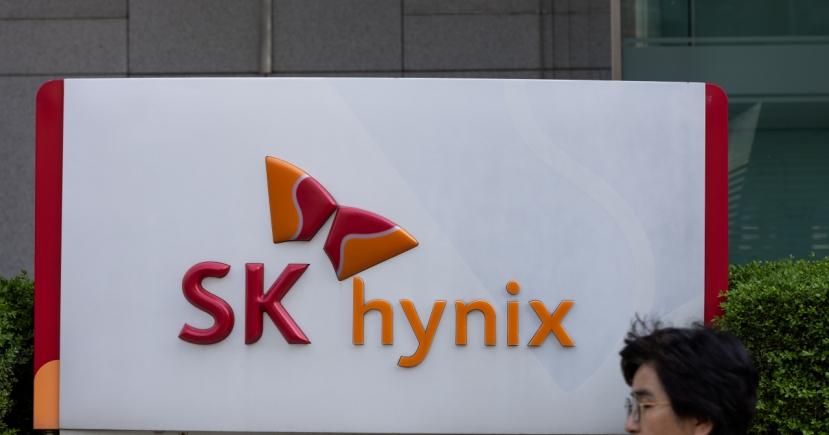Retail & Consumer
Duty-free undergoing rapid changes, and not for better
[THE INVESTOR] Korea‘s duty-free industry, once considered a bright spot in a sluggish consumer economy, is growing shaky due to continuous developments that could threaten the flow of inbound Chinese tourists and unstable government policies.
Figures from Statistics Korea released on Feb.3 showed that direct online shopping by overseas shoppers for Korean products grew 82 percent on-year in 2016 to 2.28 trillion won, from 1.25 trillion won in 2015. Of that amount, nearly 1.8 trillion won, or 78 percent, came from Chinese consumers shopping online. Direct online shopping for Korean products in China grew 107.7 percent on-year.
 |
Chinese consumers’ direct online shopping for Korean products has been on a steep climb from 2014, when those sales were just 319 billion won.
The trend indicates that Chinese shoppers, a heavy hand in duty-free sales, are turning to online options to buy popular products such as Korean cosmetics. Direct international online purchases for cosmetics grew by 128.3 percent on-year in 2016.
The shift to online direct shopping poses a potential danger to offline duty-free stores, which are already struggling to bring in customers in the face of increased competition and uncertainty in Korea-Chinese relations over the installment of a THAAD anti-missile battery here.
The Korean government‘s decision over the past two years to grant additional licenses to operate duty-free stores within Seoul has sparked an intense battle to win market share among existing operators. By the end of the year, a total of 13 duty-free outlets will be operating in Seoul alone.
Related:
Dongwha Duty Free may be put up for sale: sources
Hotel Shilla to acquire controlling stake in Dongwha Duty Free
Last week, Dongwha Duty Free, the nation’s first-ever downtown duty-free store, said that it would be handing over nearly one-third of its shares to the duty-free giant Hotel Shilla to pay down its debt. Dongwha has officially denied rumors that Hotel Shilla‘s acquisition of a majority stake would lead to the store’s closing, emphasizing that “there are no problems with Dongwha Duty Free‘s state of business management.”
However, Dongwha’s financial woes have been widely perceived as the warning shot for small and medium-sized operators that are trying to keep their heads above water as they compete with larger, more established retail companies to bring in shoppers.
Meanwhile, additional changes are expected to come for duty-free operators in the airport space as well.
On Friday, Incheon International Airport and the Korea Customs Service announced that they would be conducting a joint evaluation of duty-free operators hoping to open stores in Incheon Airport‘s new second terminal.
The airport corporation had pushed back the initial call for bids from last December because it could not reach an agreement with the customs regulator on who would be responsible for evaluating bidders. Until now, the airport had the authority to assess and choose the operators, who were then licensed by the KCS given that they met a set of requirements. However, this year the KCS wanted to evaluate the bidders itself based on criteria that were used for downtown duty-free stores -- drastically reducing the significance of the amount that bidders were offering in order to rent airport space.
Last Wednesday, Incheon Airport unilaterally put out a call for bids without an agreement with the KCS. The two sides came to an agreement Friday that the airport’s main criteria, including that of rent, would constitute half of the evaluation for new operators while the KCS’s criteria, focusing on social responsibility, will make up the rest.
“The new evaluation method will be expanded to apply to all departure points at airports and ports nationwide in cooperation with relevant agencies such as the Transport Ministry and Ocean Ministry,” the KCS said through a statement.
By Won Ho-jung/The Korea Herald (hjwon@heraldcorp.com)








